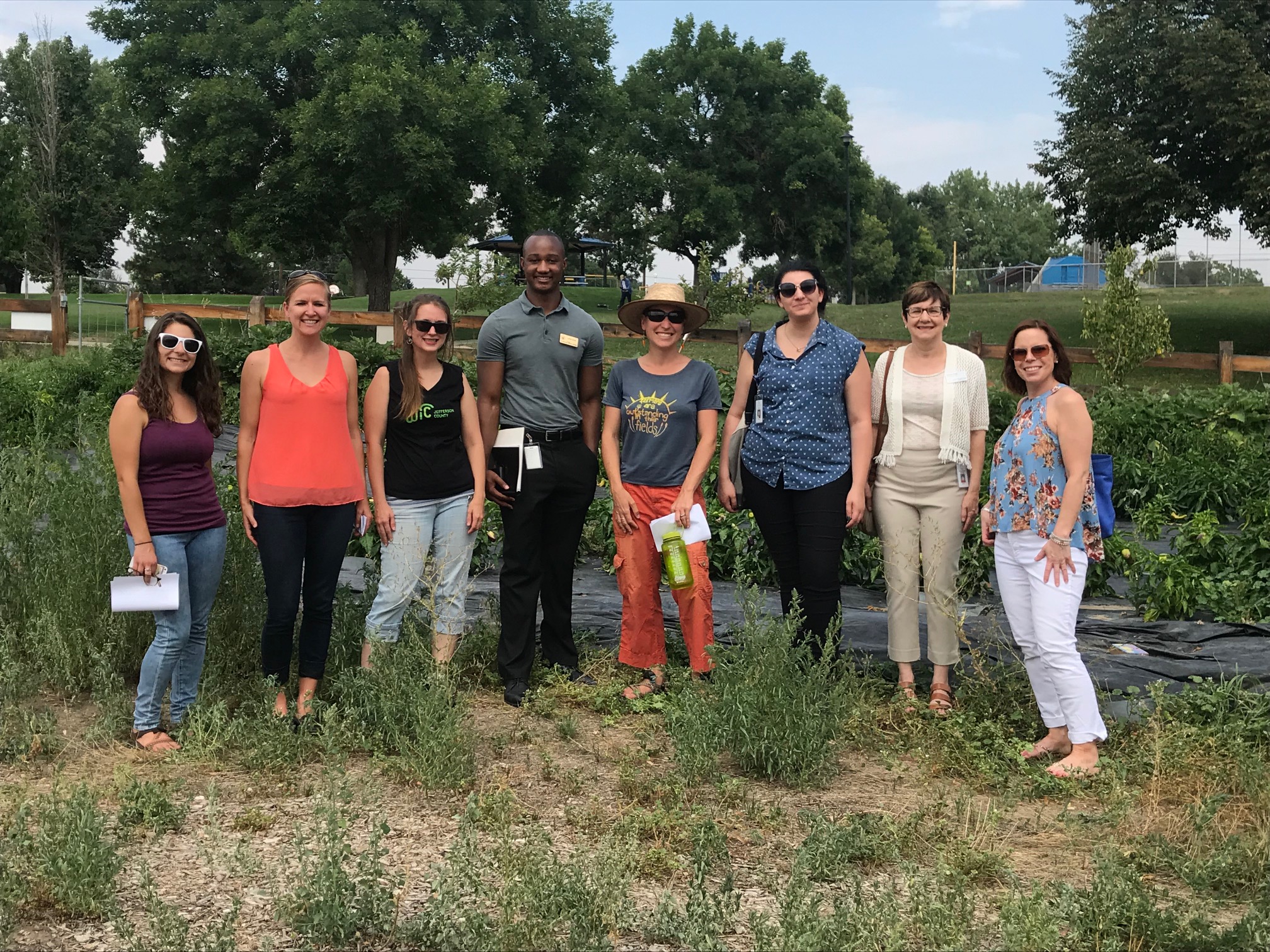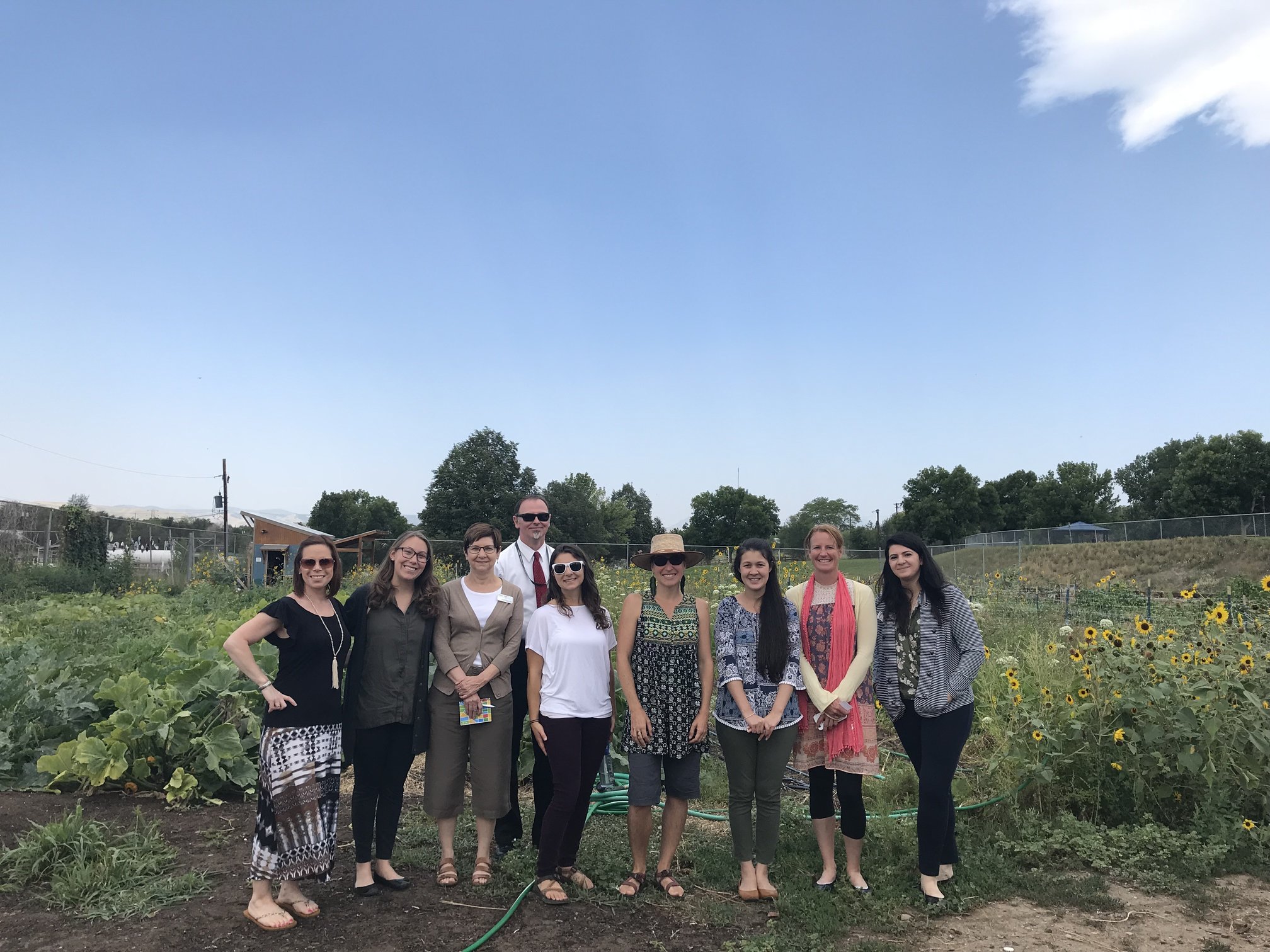The city of Denver is working to improve access to healthy, affordable and culturally relevant food in Denver neighborhoods with the “Food in Communities” Initiative. In July of last year, the Cancer, Cardiovascular and Chronic Pulmonary Disease Grant Program issued a grant to the Denver Department of Public Health and Environment (DPHE) to start three years of intensive research and pilot programs in various communities in and around Denver. After almost a year of research, the team is ready to start piloting programs to address food access in the Metro Area.
A few years ago, Denver City Council and the mayor’s office wanted to create a more “inclusive, healthy, vibrant and resilient” city with the Denver Food Vision. In 2016, the DPHE began holding listening sessions in the communities with the most need for innovative food access programs. Mondi Mason, a Public Health Administrator in the DPHE, explained that they are now “bringing together everyone’s collection knowledge” at these meetings. They’re talking to everyone in the food industry from producers to distributors, small faith-based nonprofits to hospital representatives, as well as the community members themselves.

In order to make a big impact, Denver’s public health administration is not tackling this project on their own. “We recognize that there’s this intersection between rural and urban,” Mason explained, and people don’t stop searching for healthy and affordable food at county lines. The Jefferson County Public Health Department and the Tri-County Health Department joined the project to focus primarily on the communities that live along West Colfax and Sixth Avenue to the Platte as well as East Colfax at the Yosemite intersection. To truly make a difference in improving food environments, Mason explained that they are taking a community-driven approach and “listening to people who may not have had a voice previously.” In their conversations, DPHE discovers what the community loves most about living in their neighborhoods and what they truly need to succeed.
READ: This Aurora Farm Provides a Safe Haven for Refugees
The public health administrators are looking into various pilot programs, including working with farmers and home growers to get more produce in food pantries, starting local community gardens and working with the Women, Infant and Children clinics to provide programs similar to a CSA. The Initiative team is also working with the counties’ sustainable food policy councils to look at changing policies to make access to food more affordable and available in many Denver Metro communities.
A large portion of this project is providing food that is culturally relevant to the community. “We have such diverse and rich cultural communities – immigrant and refugee communities,” Mason explained, “that really contribute to the whole of our neighborhood.” They not only want to provide food that people connect with, but the Initiative team wants to make sure people do not lose their identity. Many of the immigrants they spoke with in the listening sessions were farmers in their home countries and have a rich food culture. “It benefits all of us if we can continue to explore different people’s food norms and cultures,” Mason added. “It’s a way to bring us all together.”
—
The “Food in Communities” Initiative is coming to the close of the first of three years of funding. Keep up with the Initiative on Denver Public Health’s Facebook page and the city of Denver’s website.
All photograph courtesy of Jefferson County Public Health.





